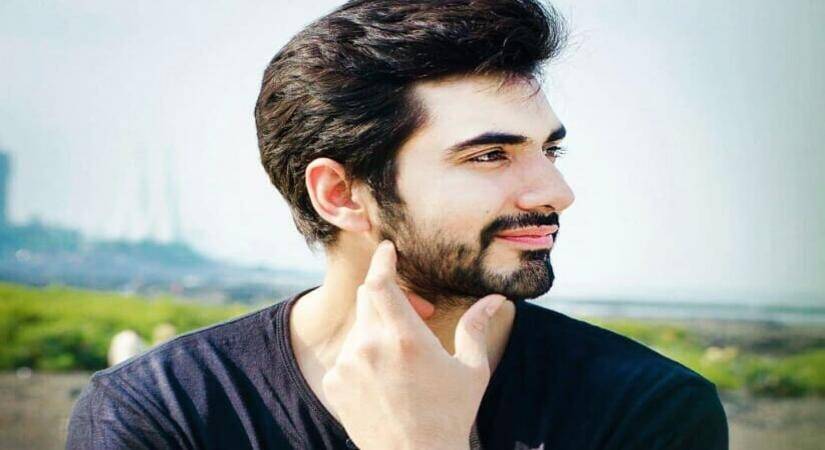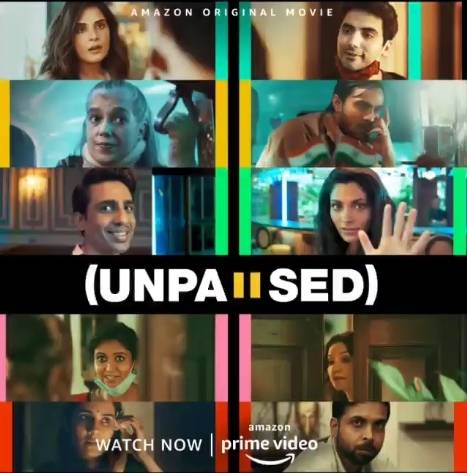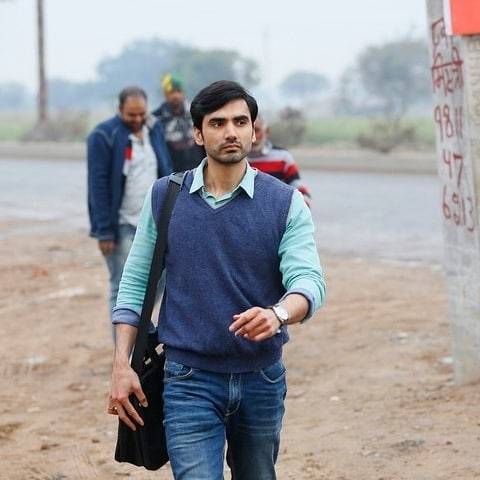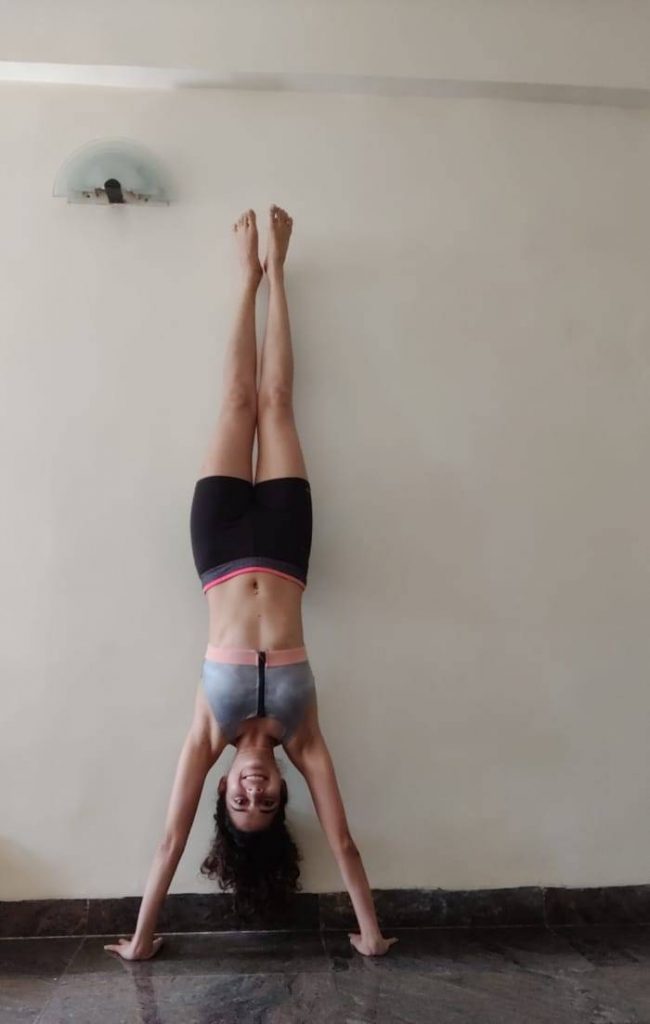Crime thriller series ‘Paatal Lok’ actor Ishwak Singh, who had quite a productive lockdown, says that creativity is the king in the OTT space. Calling 2020 challenging, he also said it was a remarkable year for him, as it brought him on the map…writes Siddhi Jain.
Singh stars in ‘Unpaused’, a Hindi anthology consisting of five short stories revolved around lives of people impacted by the Covid-19 pandemic.
Excerpts from an IANSlife chat with Ishwak Singh:
You have a background in theatre. Tell us about your time and learnings on stage.
Theatre is a pretty widespread and diverse space but the kind of theatre I wanted to do was very, very realistic and minimalistic – which means there weren’t many sets or too much anything apart from the spotlight and the actor. To me, that was the ultimate training ground. My idea was to learn the craft, and I thought what could be a better space to learn than a play where it’s just the actor and spotlight.

To me, theatre is the most authentic way of learning acting. When I started out, I realised it would take a lot of time, because normally you enrol with a theatre group and it takes a good number of years before you get the part of a protagonist and you build a body of work and get known for it. It’s a slow and ongoing process which I wanted to do, it was a conscious choice and I really enjoyed it.
From an actor’s perspective, how promising would you say the OTT space is?
The OTT space is clearly a savior in that sense, for not just actors, filmmakers, writers, and creative people, but someone who just wants to do basic work and want to tell stories. It doesn’t have the dynamics of what every industry has, where creativity is pretty much at the centre. Creativity is the king for OTT, and that’s what makes it very interesting.
‘Unpaused’ draws from Covid-19 and the lockdown. What were your personal experiences in the lockdown?
During the lockdown, I was aware that this thing is going to go on for a while and I wasn’t ambitious at all about how to make my days productive initially. To me, it was about your sanity, getting past this thing. I got back to basics, did things I really enjoyed, read Shakespeare which I really like, watched good cinema, explored different forms of martial arts. I had been meaning to get back to books, plays and stories.

Well, I have to say it’s been a very very challenging, at times hurtful, at times very difficult year, but at the same time it’s been remarkable, that I can’t deny. It’s unfortunate to use this word for the year, but it did kind of bring me on the map. The biggest regret any artist has got the longest time is that he might have been known before this but I wasn’t known for the kind of skillset, work and acting I represent. After 2020, people get a sense of that, which is immensely satisfying.
Tell us about character in ‘Unpaused’ and how different is it from that in ‘Paatal Lok’?

Every character is very, very different. Anything that is written in a different time and place, if you see it as part of a story and what the story is all about, I think characters of the same profession (would be different). If I have to play a cop, it will be different from the cop I played in Paatal Lok. Here (in ‘Unpaused’) is the premise is different, the format is different, that was long-format, this is a short story. This is more felt, personal, internal, something that comes out of one’s personal experiences because it’s about mental health and hope.
Also Read-Make Your Home Spacious and Luxurious



























